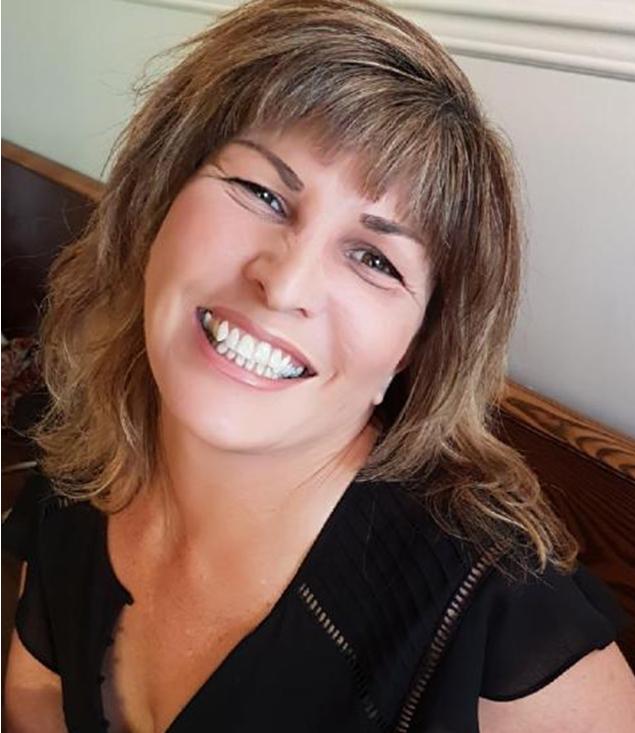Unpublished Opinions
"I would never call the police ... " Declining Public Confidence: Policing's Quiet Crisis?

Valarie Findlay is a research fellow for the Police Foundation (USA) and has two decades of senior expertise in cyber-security for policing, military and government departments. She holds a Masters in Terrorism Studies and published her dissertation on the impact of terrorism on the transformation of law enforcement in Western Nations. Currently, she is preparing her doctoral thesis on terrorism as a social phenomenon. She can be contacted at: vfindlay@humanled.com - http://www.humanled.com
Declining Public Confidence: Policing's Quiet Crisis?
It may not be the threat to Canadian policing that one would expect, but recent incidents involving police organizations across the country may pull public confidence down to levels not seen since 2012. A recent Angus Reid poll shows the public's confidence in the RCMP and provincial and municipal police across Canada ranges from 60-70%; a substantial increase compared to 2012 when confidence hovered around 40% after the botched Robert Pickton investigation, the taser death of Robert Dziekanski and charges of sexual harassment within the RCMP.
While its not uncommon for negative, or even neutral, events to have an impact on poll results, the overall public sentiment has remained well below the lofty 80% confidence rating of the late 1990s. Not surprisingly, integrity of leadership, ineffective communications with the public, internal issues and unacceptable use of force continue to be areas of concern for the public and possibly casual factors in the shortfall to meet society's expectations of police services.
The divide between the public and police was evident in a recent interview with woman whose sentiment on policing came from unanswered concerns after an incident; it was a sentiment of fear and contempt. Not occurring overnight, it began with a violent altercation she witnessed several years ago between police and what appeared to be an unarmed man. Then, most recently the highly publicized incident involving Abdirahman Abdi, who died following an altercation with Ottawa Police (that she did not witness) compounded and sealed her opinion: police were brutes who took every opportunity to exert their authority.
Through no fault of her own, her account of Mr. Abdi's incident that was incomplete, likely due to the rapid-fire reporting of the event and missing or lack of clarity on the information. As we talked, a common theme emerged. Why did the officer have to draw his firearm in the first incident she witnessed? Why was a Gun and Gangs officer dispatched to the incident with Mr. Abdi? Why can't officers spend more time talking and diffusing? Plain and simple, she did not understand why. A police officer may shake their head at this, but there are members of the public who will nod their head in agreement with her concerns. And that is the issue: a lack of understanding between the two factions and a subjective truth for both that must be addressed.
Her disappointment with police and her sense of loss and grief for Mr. Abdi and his family was palpable in her strained words and but what shocked me was one statement: "Today, I would never call the police if I saw a crime in progress". An educated, retired woman who was well-traveled and aware and active in community concerns, due to indirect experiences, no longer trusted the police? Probing this point, she truly felt that calling the police would only "make things worse" in any instance, except where her safety or life was in danger.
We can dismiss her feelings, suggest she is overly sensitive or that her opinion is that of the minority but the damage remains: her constitution and behaviour has been changed and it alters her social responsibility - and she is not alone. Whatever race, gender, education or income level, demographics appear unimportant in the face of the revelation that there are people in our communities who will turn a blind eye to another's distress because they believe police will exacerbate the situation. Is the fear of taking action, and what may result, becoming the new threat to the safety of our communities?
Educating the public on the challenges of policing will not solve all of the issues; there are two sides and both must engage, learn, educate and evolve. Improving this relationship is a process that first requires the shift of paradigm to allow for empathy and understanding, and then positive communications, collaboration and acceptance of feedback. Constructive action may start with re-sensitizing police to the public's perspective and addressing use of force concerns, evolving to a national standard (not provincial) for a crisis intervention continuum based on human and civil rights principles.
Perhaps our police services boards and oversight bodies need to be term-limited and redesigned to mirror our communities with a cross-section of the public, academics and professionals who transparently advise politicians and police leaders - not the other way around. Maybe policing organizations need to earmark substantially more in their budgets for the well-being and mental support of their officers, protecting their most valuable investment and asset. Likely, it is all of the above and many other reparations that reflect the complexity of our values and societies today and for the society we want years from now.
Public safety is a basic and essential need for a productive and functioning society and for that reason, policing must be designed and delivered meeting the requirements and objectives of our communities and people. If this quiet crisis continues, it stands to unravel the threads of compassion woven into our Canadian identity and may dismantle our agency that is founded on the desire to help one another. To move forward, while it is a matter that must be taken seriously by all Canadian police organizations and political representatives, it must be the public who pivots the change by clearly vocalizing what they view as an acceptable policing standard for their communities.



Comments
Be the first to comment